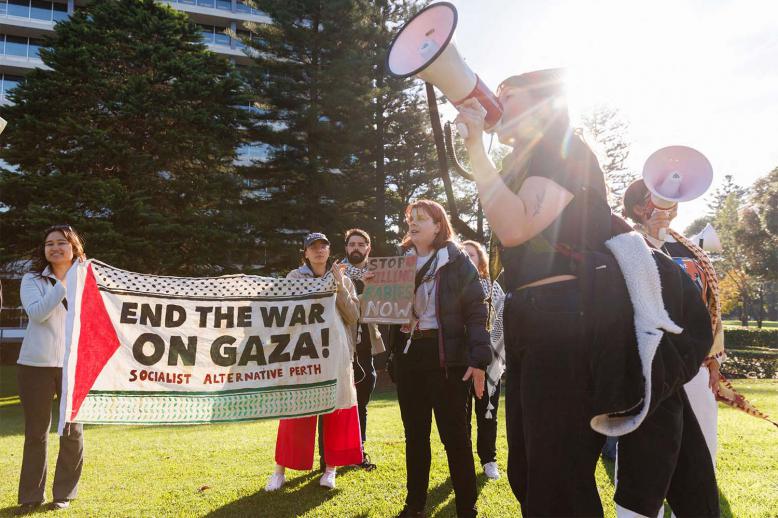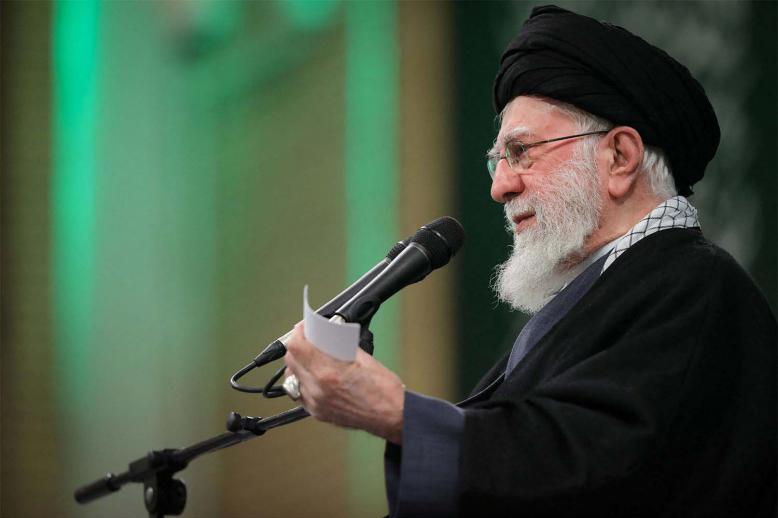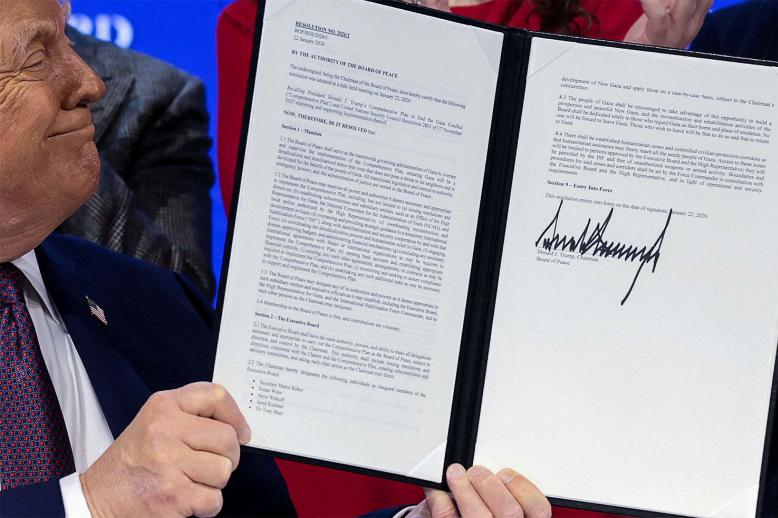Tightening race places Turkey’s Kurds at the centre
Arithmetic is all these days in Turkey. There is about a month to go before snap elections called by Turkish President Recep Tayyip Erdogan and, while the race tightens, poll numbers are carefully studied.
The challenge to the Erdogan’s Justice and Development Party’s (AKP) 16-year rule might best be summed up as: “It’s the economy, stupid!” because if the Turkish lira falls then Erdogan’s attempt to hold on to power seems to be turning into an uphill battle.
In early May, the lira dropped to a record low against the US dollar and Erdogan was forced to convene an emergency meeting of his economic team. The meeting ended with a statement that made vague promises — such as continuing a path of growth-based policies and combating inflation — without specifying measures to be taken. It eased the lira’s slide but experts said that may not be more than temporary.
“The markets will now look for an announcement from the central bank in the coming days,” said analyst Guldem Atabay Sanli on Ahval News Online. “’If it does not come, the lira’s free fall will continue. If, however, the central bank surprises markets with a 300-400 basis points rate hike, its positive effect on the lira will be profound.”’
There could be still more trouble ahead, Sanli said. If the administration does not switch “to orthodox policy measures when a perfect storm appears to be brewing” the June 24 elections may be followed by a run-off. That’s if the elections don’t produce a solid parliamentary majority for Erdogan’s party.
Some observers have adopted a wait-and-see attitude. They know Erdogan is skilful at pulling rabbits out of hats. They maintain caution about the election results despite the massive “Tamam” (“Enough”) campaign on social media.
More than 2 million tweets with the hashtag “Tamam” flooded social media in about 24 hours. It was a call for Erdogan to step down but the president’s grip on the traditional media is tighter than ever and it is television channels that matter most.
Turkey’s reality is that society is deeply riven — you are either for Erdogan or against him. It’s not clear if voters will be persuaded that the opposition has a comprehensive alternative to offer to stem economic woes. It is an open question whether voters have already felt the effects enough to properly make up their mind.
Undecided voters remain 10-15% of the electorate, said Ozer Sencar of MetroPoll, one of the few credible independent pollsters in Turkey. He said it was unusual that the “undecided” figure is so high.
Sencar sees another sign of uncertainty: Those answering questions from pollsters about how they plan to vote are deeply fearful, which makes it difficult to accurately gauge voters’ intentions.
However, as he points out, the pro-Erdogan AKP-MHP [Nationalist Movement Party] bloc has about 40% support, polls indicate. That is slightly lower than in March. Support for the four-party opposition bloc stands at approximately 43%. Given the tight race, Sencar predicted that the presidential election would go into a second round.
Sencar noted the question that hangs over the Kurdish vote. His surveys over the past two months show the pro-Kurdish People’s Democratic Party (HDP) has about 10% support. That is the critical threshold for a party to enter parliament. If the HDP’s support falls short, the Kurdish vote in the second round may decide the presidential election.
Erdogan knows the importance of the Kurdish element. In the coming weeks, he will build his strategy accordingly. This may mean that tension politics — refocusing on the Kurdistan Workers’ Party and more harassment of HDP politicians — will re-enter Erdogan’s tactical plans.
If the HDP fails to reach 10% of the national vote, Erdogan may feel secure in a new parliamentary majority. However, if the disappointed Kurdish voters pick the opposition presidential candidate en masse in the second round, another general election becomes inevitable.
This is probably what international experts mean when they say Turkey may be heading for further instability, if not a deeper crisis.
This article was originally published in The Arab Weekly.







